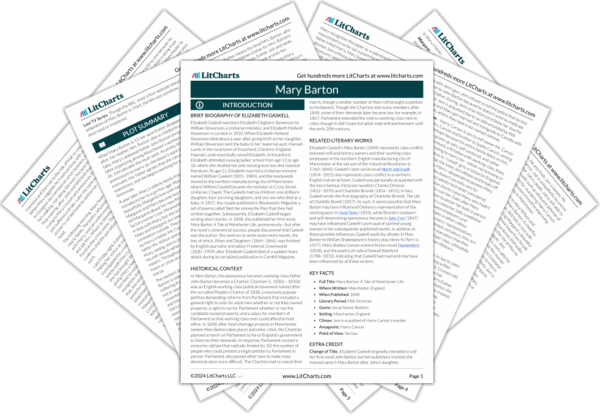To “coquette” is to flirt—with a connotation of coyness or insincerity. Harry, in his arrogance, has difficulty believing that Mary sincerely no longer wants to see him. Perhaps not realizing the depths of Mary’s naivete and conventional Victorian sexual morality, Harry admits that he “never thought of [marriage]” before this conversation—thus revealing that he wanted premarital sex, allowed for him but socially ruinous for a girl like Mary. Mary’s contempt for Harry after this admission shows that in the conservative sexual view of the novel, she is a “good” girl despite her former flirtatiousness.
